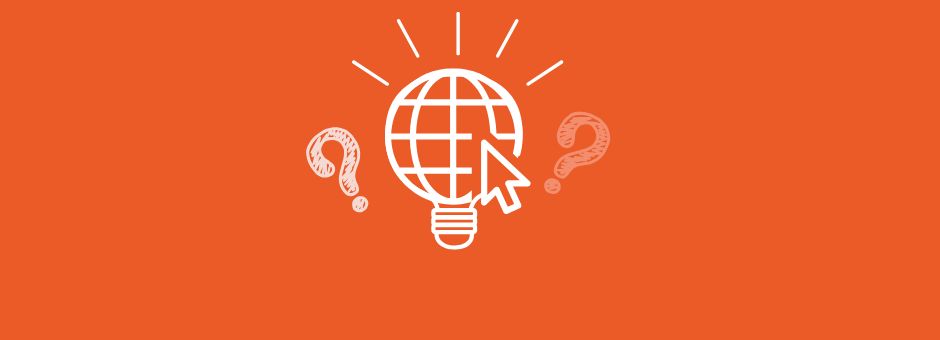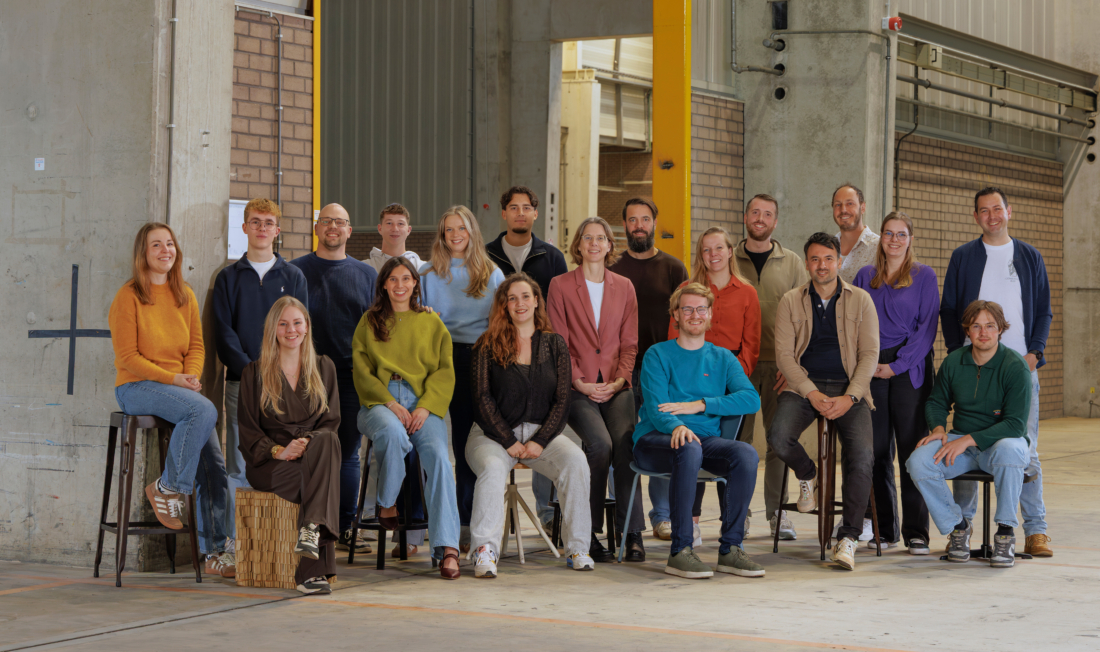The internet and surprising facts you don't know yet
It is impossible to imagine our daily lives without the internet. Although we use it constantly and it shapes our modern world, there are many surprising, lesser-known facts that you might not yet know. Hereonder some of these atondere facts that show how versatile, complex and influential the internet really is.
1. The internet weighs almost nothing
It may sound implausible, but the internet has an estimated weight. According to technological calculations, the electrons that generate Internet traffic collectively weigh about 50 grams, comparable to a large strawberry. While data may not seem tangible, the transport of digital information through network connections and servers is a physical phenomenon, so it really does weigh a bit.
2. Only 5% of online content is visible
The open internet, or the visible web we surf on every day, covers only 5% of all online content. The remaining 95% consists of the so-called "deep web" and the "dark web". The deep web includes onder other academic databases, medical records and non-indexed websites that are not visible to search engines for various reasons. The dark web, a small onder part of the deep web, is known for its anonymity and can only be accessed through special browsers.
3. The Netherlands was one of the first countries with internet access
The Netherlands was at the forefront of European internet development and was one of the first countries where the internet became accessible to the general public. In the early 1990s, Dutch universities and 1TP15 research institutes were connected to international networks. Thanks to initiatives such as SURFnet, the network for onderwijs and onderzoeksinstellingen, a strong internet infrastructure quickly emerged. This early start gave the Netherlands an edge that is still noticeable in the quality and speed of the Dutch internet.
A sideonder fact is that the very first Dutch website was launched in 1992 by the Centrum Wiskunde & Informatica (CWI) in Amsterdam. This site provided information about CWI's onder research projects and marks an important piece of Dutch Internet history. The website still exists today.
4. Drachten was the world's first e-mail municipality
In 1994, the Drachten proclaimed the world's very first "e-mail municipality". Residents were given their own e-mail address, unique at the time, and this made it possible to directly contact municipal services digitally. This put the Netherlands on the map as an innovative and progressive country in the field of the internet, and Drachten made history with this step in digital accessibility.
5. The first ever website is still online
In 1991, Tim Berners-Lee, the inventor of the World Wide Web, launched the very first website. This site, hosted by CERN, aimed to explain what the web is and how others could access it. Remarkably, this site can still be visited via info.cern.ch. This piece of digital history not only shows how it all started, but also recalls the simplicity of the internet in its early years.
6. An internet request travels an average of 15,000 kilometres
When you visit a website, the data processing your request can travel an impressive distance. Sometimes this data even travels halfway around the world, depending on where the servers are located. On average, an internet request travels an estimated 15,000 kilometres, almost half the circumference of the earth. This explains why fast connections and server locations are important for internet traffic to run smoothly.
7. International internet use has its own holiday
There is an official "International Internet Day" celebrated annually on 29 October. The purpose of this day is to reflect on the impact the internet has had on the world. The date was chosen because the internet was first tested in 1969 when ARPANET, the precursor of the modern internet, successfully transmitted data between two computers.
8. "Google" was originally a typo
The word "Google" comes from the word "googol," a mathematical term for a 1 followed by 100 zeros. The founders initially wanted to give their search engine this name to indicate the immense amount of information made accessible by the Internet. However, due to a typo at the time the domain name was established, "Google" became the official name, and the rest is history.
9. More devices connected to the internet than people on earth
The Internet of Things (IoT) continues to grow, with more than 10 billion devices now online worldwide. This means that, on average, more than one device per person is connected to the internet. This ranges from smartphones to smart refrigerators and from security cameras to self-driving cars. This number is only expected to increase in the future, which also brings privacy and security challenges.
10. Popular websites differ by continent
The most popular websites worldwide are not always the same. While Google is on top in many countries, Baidu, for example, is the biggest search engine in China. In Russia, Yandex dominates, and in South Korea, Naver is the main search engine. This shows how strongly culture and language influence the way people use the internet and access information.
11. SEO existed before Google
Although many people think that SEO (search engine optimisation) originated with Google, the concept was already being used in the 1990s, before Google existed. When the first search engines emerged, website owners were already experimenting with ways to be found better. However, when Google launched in 1998, SEO grew at lightning speed into an indispensable onder part of digital marketing. Google's guidelines and algorithms have greatly shaped SEO since then.
12. The internet consumes a huge amount of energy
Internet consumption and data storage consume an immense amount of energy worldwide. For example, a large data centre can consume as much energy as a small city. This has led to a growing demand for sustainable and energy-efficient data centres and servers. To reduce environmental impact, tech companies such as Google and Microsoft are increasingly investing in green energy and renewable technologies.
13. The Mona Lisa has its own IP address
In a technology experiment, onder searchers assigned the Mona Lisa its own IP address, connecting the famous painting over the internet. This experiment was a nod to the connectivity of the modern world, in which even physical objects can theoretically be online. While the painting cannot, of course, communicate "online", it does provide a creative picture of how technology and the internet are increasingly intertwined with the world around us.
14. Internet speed has a limit
Although we are used to ever faster internet connections, there are technical limits to how fast the internet can be. The speed of light, the physical distance between servers, and the technology of cables and hardware ultimately limit the maximum speed. This means that even with the most advanced technologies and shorter distances, there will always be some delay in data traffic. However, scientists continue to look for ways to push these limits, for example through quantum computing and light-fibre connections.
15. The internet and the World Wide Web are not the same thing
Many people confuse the Internet and the World Wide Web, when they are actually two different concepts. The Internet is the physical infrastructure of networks, data cables and servers that exchange digital information. The World Wide Web is the software layer that runs on top of this infrastructure and includes websites, multimedia and other digital content accessible through browsers.
The internet continues to innovate
The surprising facts above show well how versatile and bijzonder the internet is. From data requests travelling thousands of kilometres to the weight of data and servers, there is still much to discover. The internet continues to adapt to technological and societal developments, with new insights and possibilities emerging every day.
Share
Categorieën
- (Content) marketing
- AI (Artificial Intelligence)
- Analytics
- How to/DIY
- Linkbuilding
- news
- Other
- SEO tools
- Social media
- Technical SEO
Any questions?
Get in touch! :) we are happy to help you with all your SEO questions
SEO questionDon't miss it
Subscribe to our newsletter and don't miss a single SEO tip
"*" geeft vereiste velden aan












 Dutch
Dutch
 English
English